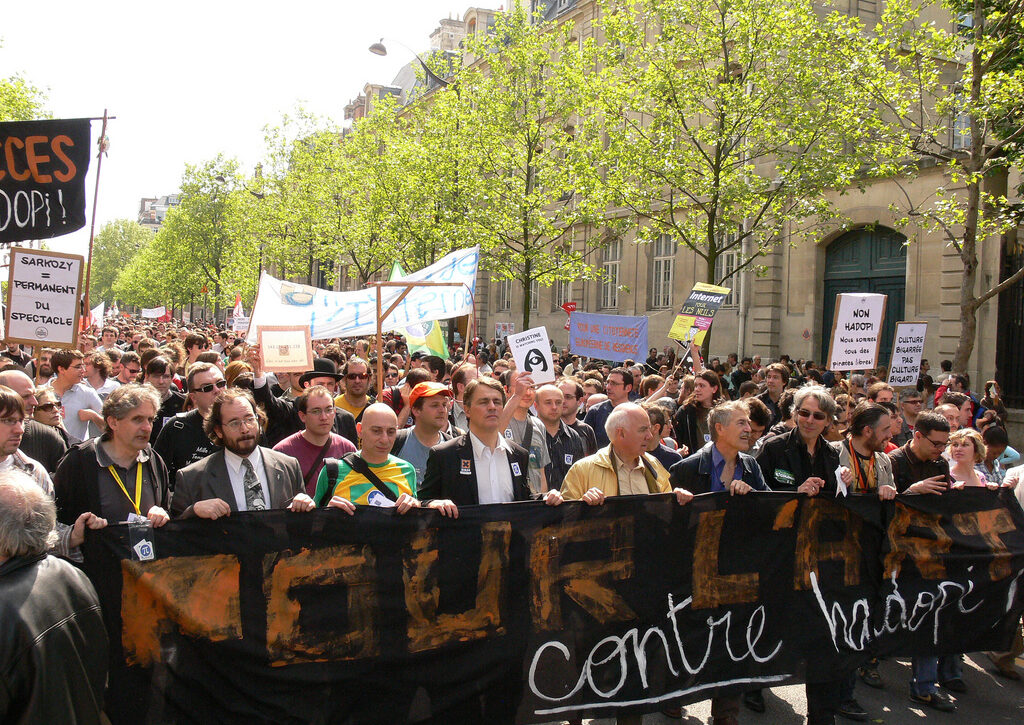Tag: filesharing
All topics
-

The global fight over copyright control: Is David beating Goliath at his own game?
We stress the importance of digital environments for providing contenders of copyright reform with a…
-

Last 2010 issue of Policy and Internet just published (2,4)
We are pleased to present seven articles, all of which focus on a substantive public…
